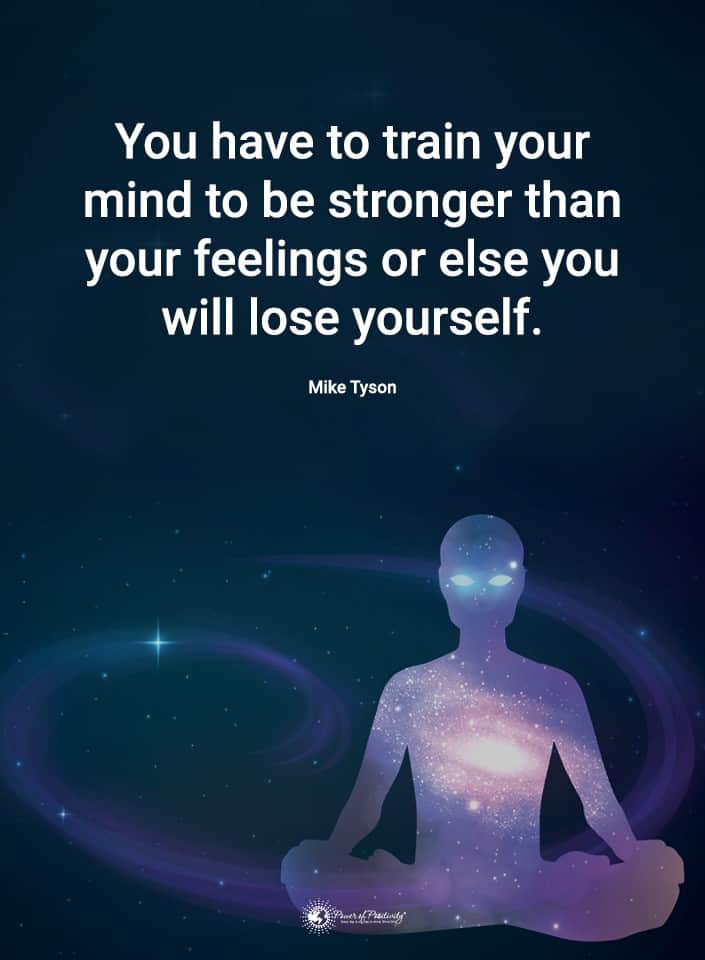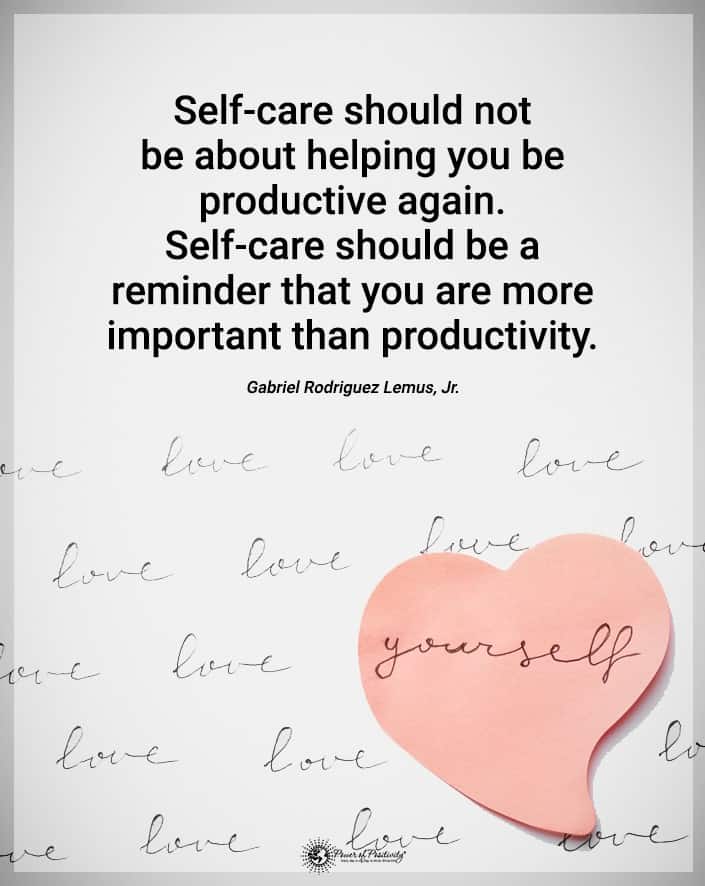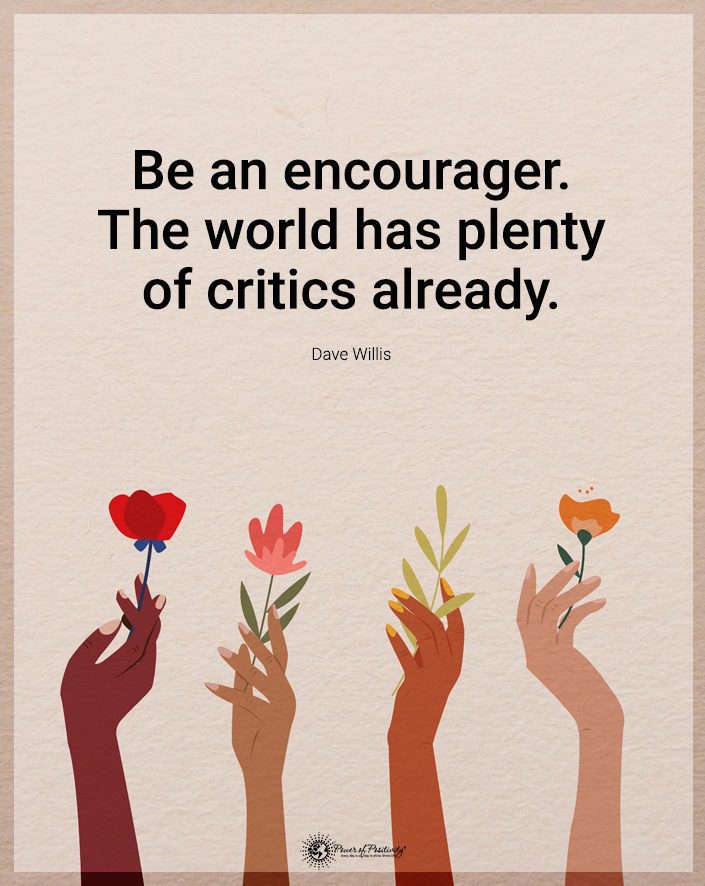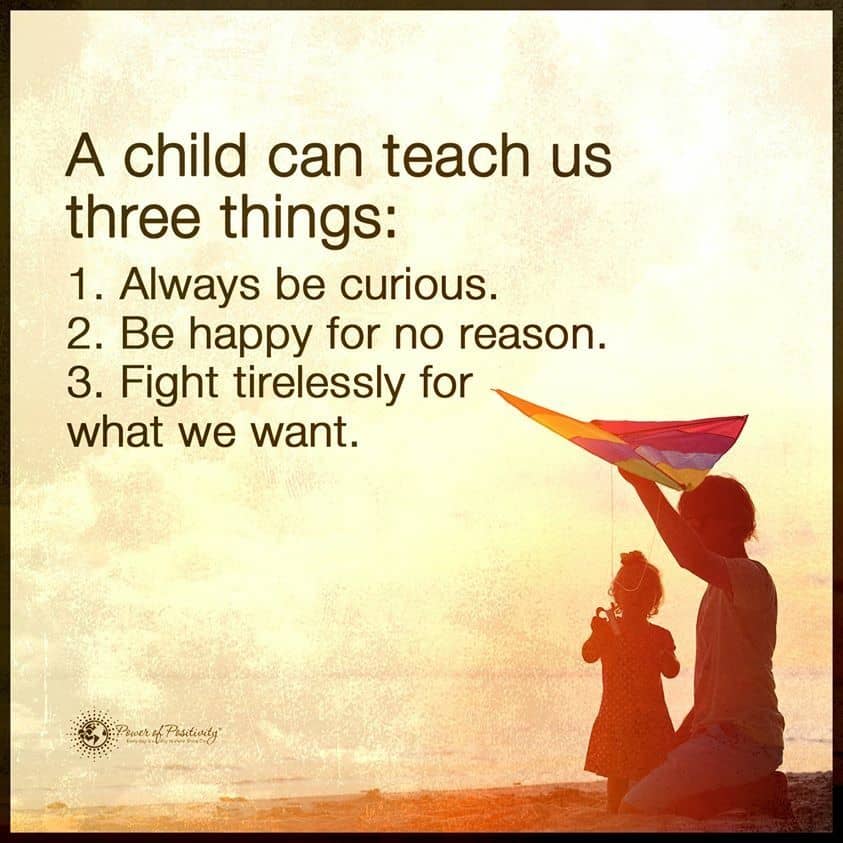Have you ever wondered about the causes of cheating?
Why do people go outside of the realms of their relationship for their emotional and physical needs? There are many theories on why this happens, but many counselors believe it’s all about science.
Could there be a scientific reason why a person cheats? First, you must realize that there are many unfaithful levels, and everyone has philosophies on cheating. Some folks believe that if you talk or text someone without the other person knowing, it’s dishonest, while others feel there needs to be some physical activity to be classified as a cheater.
People have cheated on their spouses since the dawn of time. While it may seem like a modern world, it’s been going on for centuries. The interesting fact behind all of this is that many studies indicate cheaters may be inclined to do so based on their biology.
Could there be genetic and biological explanations for why some are unfaithful? It’s a common occurrence as a study cited by the National Library of Medicine found that in 2020, more than 25 percent of relationships had infidelity.
The Ten Typical Causes of Cheating, According to Relationship Therapists
Society is full of cheating, and since it’s such a common thing, it’s essential to understand it as much as possible. While you may see this as an emotional act, there are scientific reasons behind the causes of cheating.
 1. The Person Favors Rock and Roll
1. The Person Favors Rock and Roll
A UK survey found a surprising musical preference among cheaters.
It sounds bizarre, but many cheaters love music, specifically the rock and roll varieties. The referenced survey study looked deep into the characteristics of cheaters, and one of the shocking similarities was music preference. So, what’s the scientific reasoning behind this strange similarity?
Rock and roll fans tend to be a bit rebellious and are not afraid to walk on the wild side. Remember the classic 1980s bands with members who lived on the edge? The rock genre is full of people who defy the normal expectations of society, so is it any wonder why they might be inclined to have a fling on the side?
Think back to all the famous rock stars that you adored. How many of them were guilty of cheating on their spouses? What is it about the proverbial bad boy that drives women wild?
2. They’re Happy in Their Relationship – Just Bored
The first thought that comes to mind when you hear of someone cheating is that they’re unhappy with their current relationship. They may not have good communication, or the other person doesn’t have time for them. Oddly enough, none of that is true.
Would you be shocked to hear that most people cheat because they’re bored? The relationship is always spicy initially, but things settle into a pattern over time and become more comfortable. They never fell out of love with their partner but became bored when things weren’t as sizzling as they used to be.
Most infidelity isn’t about physical attraction at all, and it’s bout easing the pangs of boredom.
3. It’s A Way to Reinvigorate A Lackluster Situation
Anyone would think that having an affair would make their relationship better is odd, yet some people think it will help. Perhaps the excitement they feel during the affair will give their mojo in their current relationship a boost.
While it seems like twisted thinking, science and counselors say it’s one reason people cheat. They feel it’s a way to reinvigorate the stale conditions of their current relationship.
4. They Want the Attention of Being Caught
Another bizarre reason why people cheat is they want to get caught. This falls back into the rebellious nature of humans, but some people want their spouses to catch them being unfaithful. The affair might not be exciting, but the thrill of being caught can send your hormones into overdrive.
Indeed, some people feel a “cheater’s high,” a hormonal rush arising from the thrill of infidelity.
5. They Get Too Comfortable with Someone They Know
Did you know that most affairs happen with people you already know? Forget those one-night stands after visiting a club; many cheaters choose someone they know. One of the causes of cheating is people get too close and cross the boundaries between friend and lover.
Take, for instance, a couple having problems in their relationship. It may be too easy to confide in a friend of the family. However, feelings of empathy develop once you start getting too personal with someone.
Those feelings cause the person to want to comfort you in any way possible. One hug turns to stronger embraces, a kiss, and finally, a full-blown physical act. Think back to all the people you’ve known who have had affairs.
How many of those people were to a best friend, family friend, relative of the other party, or other close affiliation? It’s uncanny, but it’s a recipe for disaster when people become too familiar with one another and start talking about their troubles.
 6. PMS Causes Hormonal Shifts That Make Women Have Affairs
6. PMS Causes Hormonal Shifts That Make Women Have Affairs
Everyone knows that a lady’s hormone gets all out of whack during her time of the month. However, many counselors have found that the lady is more likely to cheat during ovulation than during other times of the month. It’s theorized that the emotional instability caused by her ovulation mode can make a female more apt to mood swings or to make emotional decisions.
7. Improving Intimacy for Current Relationship
So, if you’re not the best cook, you’re likely to take some classes or watch videos on how to do things better. The same can be said of your intimate relationships. If you don’t feel you’re the best in the bedroom, you might be inclined to learn a few tricks from someone more experienced.
It’s not a good reason to step outside the boundaries of a relationship, but many people feel that it can improve things with their spouse if they get some training from a third party. There are certain expectations of one another when it comes to romance; often, one party doesn’t feel good enough. It’s certainly advisable to keep things fresh in your physical relationship as things can quickly become mundane and boring.
8. Ladies Cheat for Emotional Reasons and Men for Physical Ones
If you could summarize the causes of cheating into a nice, little package, you would find that women cheat due to their emotions, and men cheat because of physical needs. Most ladies cross those emotional lines, which turn into physical ones.
Men, on the other hand, tend to be in it for the purely physical aspects. It’s the beast’s nature and shows the different sexes’ various tendencies. Men are always seen as more likely to have an affair, and a study backs this theory. The Institute for Family Studies researched that men are seven percent more likely to cheat than women.
9. Lack of Maturity
Do you remember telling your young children not to touch the stove because they will get burnt? However, it wasn’t until they touched the stove and felt the discomfort they learned why they should have stayed away. Men tend to have a lack of maturity when it comes to women.
Guys don’t often think about infidelity’s consequences, so they act now and pay later. They don’t get overly involved in the emotional and physical aspects of cheating, but they soon learn that there are scorching repercussions that come later.
Some counselors concede that men don’t know how to fix issues in their current relationship, so they look outside to fill their needs. They don’t want to leave their wife, but they don’t know how to deal with the problems they have at that time.
10. Disillusioned with the Idea of Marriage
Some folks fall in love with being in love. They see their friends or relatives getting married and starting a life, and they feel that it’s also what they’re supposed to do. However, long-term committed relationships take real work.
No one knows how challenging it is to live with someone day and night until they do it. To some individuals, cheating is just an act of skin-on-skin. It’s not that they don’t love their spouse, but it’s more about the fact that they got into a situation they don’t know how to handle, and infidelity makes them feel better.
 Final Thoughts on The Causes of Cheating
Final Thoughts on The Causes of Cheating
The causes of cheating are vast, and each person and situation is different. The bottom line is that people have an affair because they want to. Sure, it can be caused by being unhappy with their partner, the chemistry is gone, or an inner need for more attention, but the most significant cause of cheating is that someone wants to do it.
Like a child with impulse control issues, many people don’t truly understand the repercussions of stepping outside the confines of their relationship. However, they soon find that they’re in over their head, and they may lose the best thing that ever happened to them because of a lack of willpower.

















